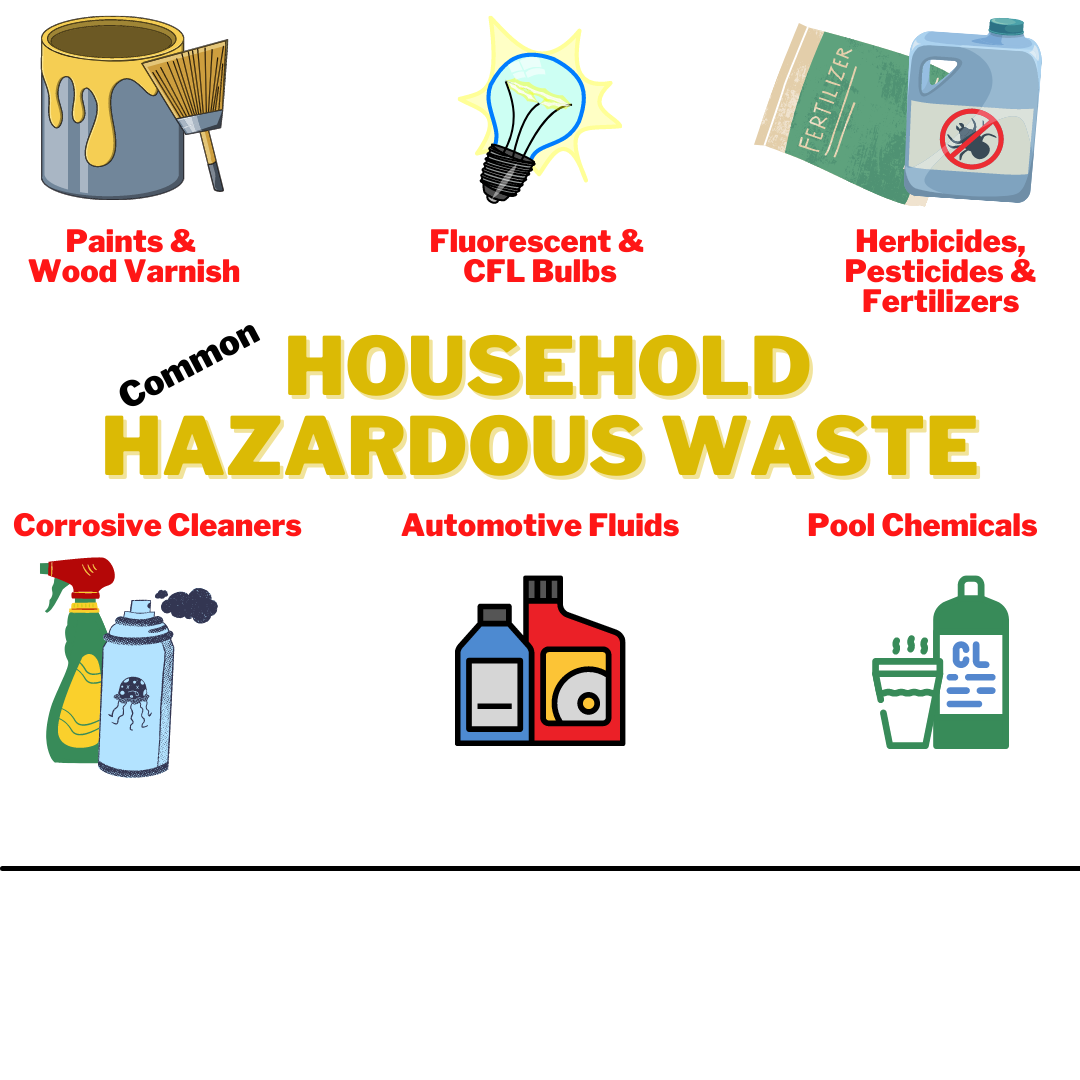

Sub-Heading 1: Introduction to Responsible Household Hazardous Waste Disposal
Properly disposing of household hazardous waste is a critical responsibility for every homeowner. This guide aims to shed light on the importance of responsible disposal methods and provide actionable steps to ensure the safety of your household and the environment.
Sub-Heading 2: Identifying Household Hazardous Waste
Understanding what constitutes household hazardous waste is the first step. Common items include expired medications, cleaning products with harsh chemicals, paints, pesticides, batteries, and electronic waste. Proper identification is crucial to ensure these materials don’t end up in regular trash bins.
Sub-Heading 3: Risks of Improper Disposal
Improper disposal of hazardous waste poses serious risks to both human health and the environment. Leachate from landfills can contaminate soil and water sources, leading to long-term environmental damage. Additionally, direct exposure to certain hazardous substances can have immediate health impacts.
Sub-Heading 4: Researching Local Disposal Regulations
Every locality has specific regulations and guidelines for the disposal of hazardous waste. Research and familiarize yourself with your local regulations to ensure compliance. Contact local waste management authorities or visit their websites for information on scheduled hazardous waste collection events or designated drop-off locations.
Sub-Heading 5: Sorting and Storing Hazardous Waste
Before disposal, it’s essential to sort and store hazardous waste properly. Keep different types of hazardous materials separate to prevent potential chemical reactions. Store them in their original containers if possible, and ensure lids are tightly sealed to prevent leaks.
Sub-Heading 6: Utilizing Community Collection Events
Many communities organize periodic hazardous waste collection events where residents can safely dispose of their materials. Take advantage of these events to responsibly get rid of household hazardous waste. Check the schedule and location of upcoming collection events in your area.
Sub-Heading 7: Contacting Local Recycling Facilities
Some household hazardous waste, such as electronic waste or certain types of batteries, can be recycled. Contact local recycling facilities to inquire about their specific requirements and drop-off procedures. Recycling ensures that valuable materials are reclaimed while minimizing environmental impact.
Sub-Heading 8: Disposing of Medications Safely
Expired or unused medications should be handled with care. Avoid flushing them down the toilet or throwing them in the trash, as they can end up in water sources. Instead, participate in drug take-back programs or use designated medication disposal drop-boxes available in pharmacies and police stations.
Sub-Heading 9: Managing Paints and Chemicals
Unused paints and household chemicals often contain hazardous substances. Consider donating usable paint to community organizations or using paint hardeners to solidify liquid paint before disposal. Check with local waste facilities for guidelines on proper disposal of chemical products.
Sub-Heading 10: Conclusion – A Safer, Cleaner Home
Taking responsibility for the proper disposal of household hazardous waste is a crucial step in creating a safer and cleaner living environment. For more detailed guidance on responsible disposal methods, visit mimimises.org. By following these steps, you contribute to a healthier home and a more sustainable future for your community.
